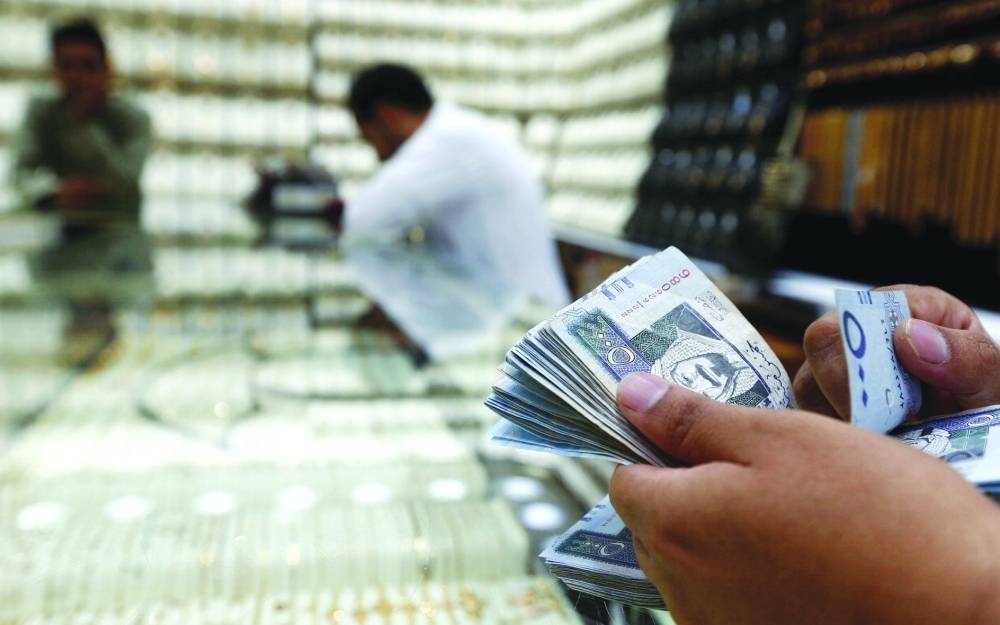High oil prices have boosted the balance sheets of several issuers in core Islamic finance countries including Qatar, S&P Global said and noted sukuk slump may slow but not stop in 2023.
Total sukuk issuance globally dropped to $155.8bn in 2022, S&P said as it forecasts a further decline in total issuance to about $150bn this year.
“We believe lower and more expensive global liquidity, increasing regulatory complexity and reduced financing needs in some core Islamic finance countries will hold back the market this year,” S&P said citing countries such as Qatar and the UAE in its report.
In others, where government transformation visions are being implemented - such as Saudi Arabia - S&P said it expects some
corporates to hit the sukuk market because the banking system won't be able to absorb all the investments.
It also expects the Saudi government to continue issuing sukuk in local currency to develop the local capital market, although recent pressure on banks' liquidity resulted in lower activity than 2021.
S&P Global Ratings believes that sukuk issuance volumes will continue to decline in 2023, albeit at a slower pace than 2022.
“We expect lower and more expensive global liquidity, increased complexity, and reduced financing needs for issuers in some core Islamic finance countries to deter the market.
Notably, future standards development and certain Shariah scholars' preference for a higher proportion of profit-and-loss sharing in sukuk could pose additional legal challenges, in its view.
“We continue to believe that if sukuk become an equity-like instrument, investor and issuer appetite will likely diminish significantly, in particular amid already expensive liquidity.
“However, we see supportive factors in other areas. Corporates are likely to contribute to issuance volumes, particularly in countries with government transformation visions or plans, such as Saudi Arabia, where well capitalised banking systems will not have the capacity to finance all the projects,” S&P said.
S&P also sees continued momentum via the energy transition and increased awareness of environmental, social, and governance considerations among issuers in key Islamic finance countries. However, the sukuk market seems to be lagging the conventional one when it comes to automation and issuance of digital instruments, which could accelerate growth and make the process more appealing.
On why sukuks are unlikely to recover this year, S&P noted Islamic bonds are more complex and time-consuming than conventional ones.
Therefore, new issuers are mainly taking the Islamic route because they expect to increase their investor base compared with purely conventional transactions.
Regulatory uncertainty remains high and resides in the fragile equilibrium between making sukuk a fixed-income instrument and Shariah scholars' push for more profit-and-loss sharing.
In its view, if sukuk lose their fixed-income characteristics while adding significant risks compared to bonds they will become a less attractive option, reducing the market's prospects.
Despite the natural alignment of Islamic finance and sustainable finance, sustainability sukuk issuance remains limited, albeit expanding.
“From green to social, we expect to see higher volumes as issuers meet investor demands and core Islamic finance countries seek to reduce their carbon footprints,” S&P said.
Business
High oil prices boost balance sheets of Qatar, other issuers in core Islamic finance countries: S&P Global
Sukuk slump may slow but not stop in 2023, S&P said and noted total sukuk issuance globally dropped to $155.8bn in 2022; forecasts further decline in in 2023

A man counts Saudi riyal banknotes at a jewellery store story in Riyadh. S&P expects the Saudi government to continue issuing sukuk in local currency to develop the local capital market, although recent pressure on banks' liquidity resulted in lower activity than 2021.

